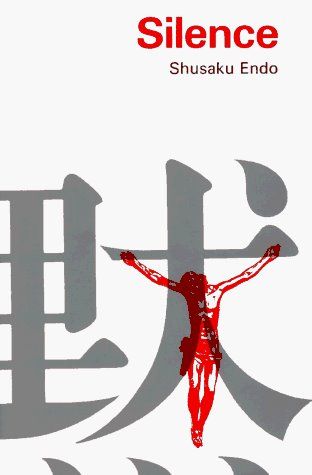Things are firming up for Martin Scorsese’s next film, his long-developed passion project Silence. The filmmaker has been working on an adaptation of the Shusaku Endo novel for years and is finally gearing up to begin production this year with Andrew Garfield, Adam Driver, Ken Watanabe, and Liam Neeson set to star, and now Deadline reports that Paramount is in talks to acquire the pic for a planned November 2015 release. The Silence release date puts the film right in the heart of awards season.
The story takes place in 17th century Japan and revolves around two Jesuit priests who face persecution as they search for their mentor and work to spread Christianity. It’s heady subject matter, but the prospect of Scorsese and the impeccably talented Garfield bringing the film to fruition is extremely exciting.
Paramount has distributed Scorsese’s last three films in a row, Shutter Island, Hugo, and The Wolf of Wall Street, so the filmmaker is likely in good hands with Silence. Of course, when it comes to the 2016 Oscar season it appears he’s going to have stiff competition in Alejandro González Iñárritu’s The Revenant, which will be led by friend and frequent collaborator Leonardo DiCaprio.
Read a synopsis for Shusaku Endo’s novel Silence below:
Silence is a novel of historical fiction by Japanese author Shusaku Endo. It is the story of a Jesuit missionary sent to seventeenth century Japan, who endured persecution in the time of Kakure Kirishitan (“Hidden Christians”) that followed the defeat of the Shimabara Rebellion.
Written mostly in the form of a letter by its central character, the theme of a silent God who accompanies a believer in adversity was greatly influenced by the Catholic Endo’s experience of religious discrimination in Japan, racism in France and debilitating tuberculosis.
The recipient of the 1966 Tanizaki Prize, Silence has been called “Endo’s supreme achievement” and “one of the twentieth century’s finest novels”.
“Silence I regard as a masterpiece, a lucid and elegant drama”. Irving Howe. — The New York Review of Books.


